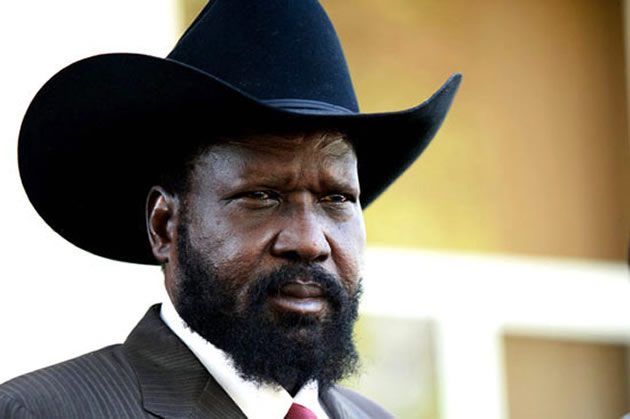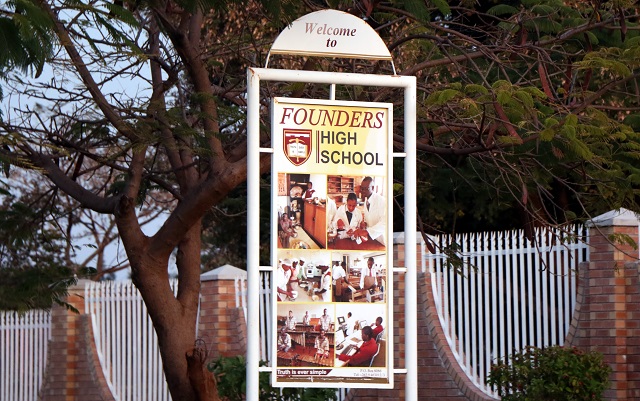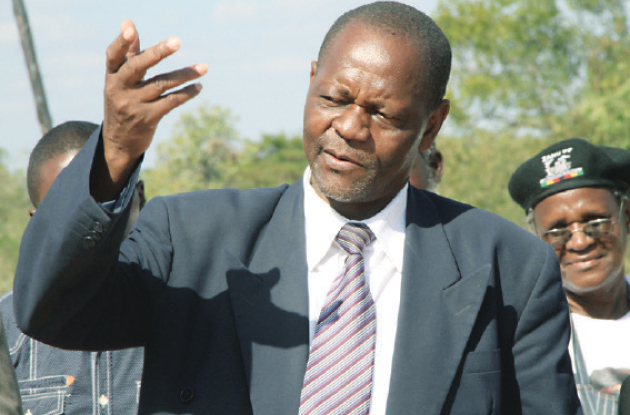South Sudan’s president declares state of emergency in home state

NAIROBI — South Sudan’s President Salva Kiir has declared a three-month state of emergency in his home state, where clashes have raged for months between clan-based militias, the government spokesman said yesterday.
Michael Makuei, who is also the information minister, said the army would be given powers to stop the fighting in Gogrial state, and that citizens’ rights would be suspended, though the presidency has not announced which rights will be curtailed.
Local media said dozens of people had been killed in the fighting in the state in the country’s north, though Reuters could not independently verify the number of those killed.
Makuei said the state of emergency also applied to the neighbouring areas of Tonj, Wau, and Aweil East.
Wau has experienced fighting this year between government forces and rebels under former vice president Riek Machar, an ethnic Nuer, who is waging an insurgency in much of the country.
South Sudan descended into civil war in December 2013, largely between soldiers and militia from the Dinka and Nuer ethnic groups. The war has killed tens of thousands of people and displaced nearly 4 million people from their homes.
The clashes in Gogrial have been between militiamen from the Apuk and Aguok clans of the Dinka group, which Kiir belongs to.
“The president declared a state of emergency in order to bring this situation under control,” Makuei told Reuters by telephone.
“These are tribal fights which are connected to issues of land, grazing areas,” Makuei said.
Separately, 36 people were killed over the weekend in an attack on a village near Bor town in the Dinka-dominated central Jonglei state, the United Nations said yesterday.
The United Nations said its peacekeepers were treating some of the 24 people injured in the attack.
Makuei, who is from Bor, blamed militia from the Murle tribe from neighbouring Boma state for committing the attack and stealing thousands of cattle.
Bor Dinka and Murle militia clashed earlier this year before signing a cessation of hostilities in May.
The minister said the Boma governor was summoned to a security council meeting and directed to apprehend those responsible for the attack.
Deadly cattle raids are common in South Sudan, an impoverished country awash in automatic weapons where livestock are used as money.
Meanwhile, Sudan said it will press on with efforts to achieve a full lifting of US sanctions against Khartoum, even as it hoped Washington would reverse its decision to extend a decades-old trade embargo.
US President Donald Trump prolonged a review period to October 12 before his administration decides whether or not to permanently lift the sanctions imposed on Khartoum in 1997.
His predecessor Barack Obama had eased the sanctions in January, but kept Sudan on review for six months, a period that ended on Wednesday.
Trump’s order to extend the review period angered his Sudanese counterpart President Omar al-Bashir who ordered Khartoum to halt ongoing talks with Washington over the sanctions file until October 12.
Bashir’s National Congress Party also warned that any unrest that erupts in Sudan will be because of the US extension.
But Foreign Minister Ibrahim Ghandour attempted to rein in the rising tension, vowing that Khartoum will work with Washington to ensure the embargo is fully lifted.
“We hope that the United States reverses its decision and sticks to its commitments,” Ghandour told reporters.
He said the Sudanese foreign and defence ministries will “continue communicating” with their US counterparts to ensure that the sanctions are lifted.
Sudan’s powerful National Intelligence and Security Service (NISS) will also continue communicating with the Central Intelligence Agency (CIA), he said.— AFP.








Comments